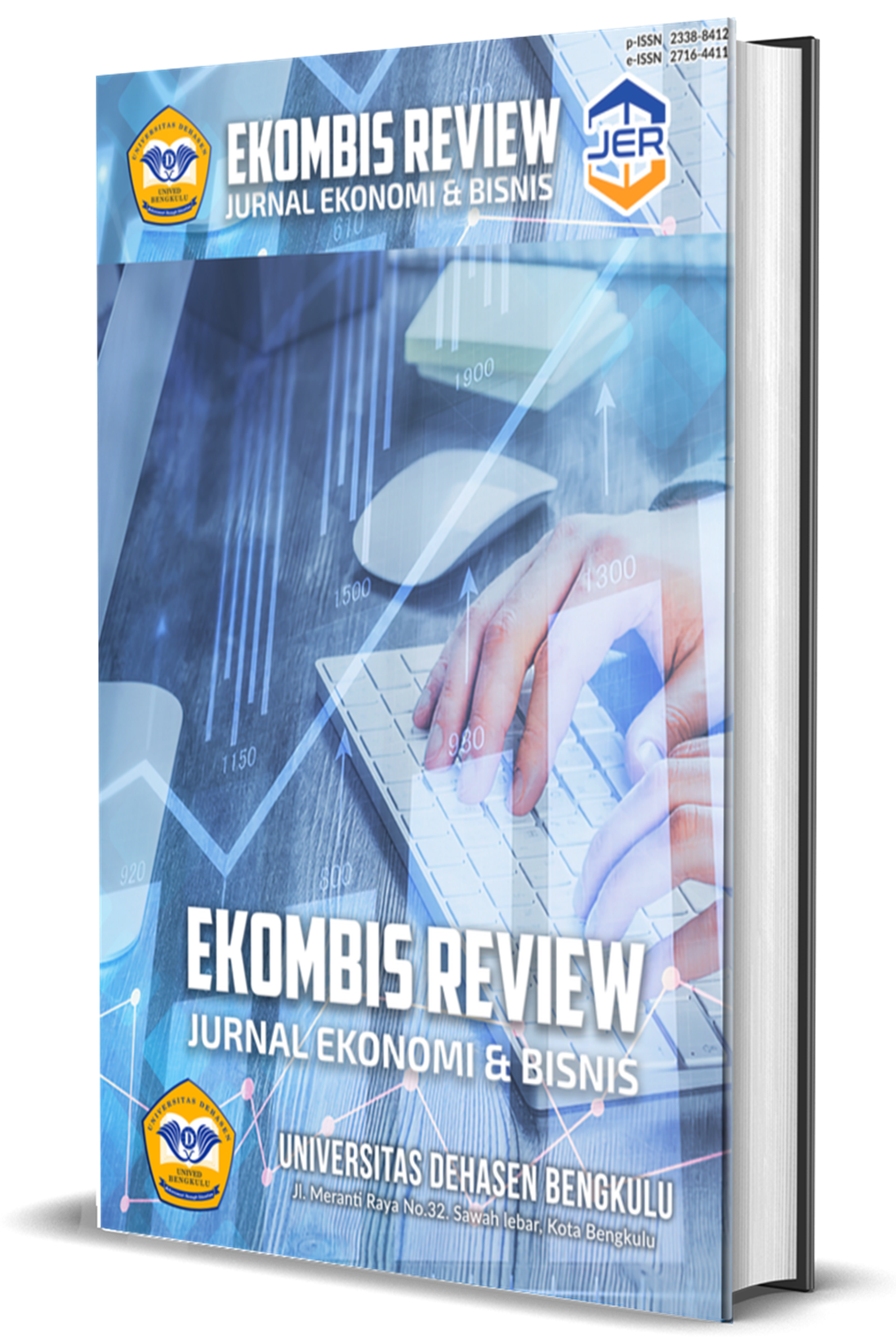Carbon Emissions In Asia: The Role Of Renewable Energy, Non-Renewable Energy, Carbon Tax, And Net-Zero Emissions Commitments
Abstract
Net-zero emissions are the main target for countries to immediately address the current carbon emission problem due to the degradation of the natural environment. Asia is the largest emitter of carbon emissions and the largest user of energy. Most of these carbon emissions result from the excessive use of non-renewable energy as the main energy input. Renewable energy is believed to have a dual effect of reducing carbon emissions and replacing the role of non-renewable energy. The transition is an important issue nowadays for countries supported by domestic climate policies and country commitments. The purpose of this study is to determine whether renewable energy, non-renewable energy, carbon tax, and net-zero emissions will affect carbon emissions. The results show that renewable energy and net-zero emissions have a negative significant effect, non-renewable energy has a positive significant effect, and carbon emission has no significant effect on carbon emissions in Asia. Even so, the implication of this research is as input and consideration for countries to transition to sustainable energy sources and strengthen the design of carbon tax to be more effective along with the country's commitment. The sample used is 36 countries in Asia from 2011-2020. The method used is panel data analysis to determine the effect.
Downloads
Copyright (c) 2025 Kenley Maccauley Riyono, Luky Patricia Widianingsih

This work is licensed under a Creative Commons Attribution-ShareAlike 4.0 International License.
An author who publishes in the EKOMBIS REVIEW: Jurnal Ilmiah Ekonomi dan Bisnis agrees to the following terms:
Author retains the copyright and grants the journal the right of first publication of the work simultaneously licensed under the Creative Commons Attribution-ShareAlike 4.0 License that allows others to share the work with an acknowledgement of the work's authorship and initial publication in this journal
Submission of a manuscript implies that the submitted work has not been published before (except as part of a thesis or report, or abstract); that it is not under consideration for publication elsewhere; that its publication has been approved by all co-authors. If and when the manuscript is accepted for publication, the author(s) still hold the copyright and retain publishing rights without restrictions. For the new invention, authors are suggested to manage its patent before published. The license type is CC-BY-SA 4.0.
EKOMBIS REVIEW: Jurnal Ilmiah Ekonomi dan Bisnis is licensed under a Creative Commons Attribution-ShareAlike 4.0 International License.














